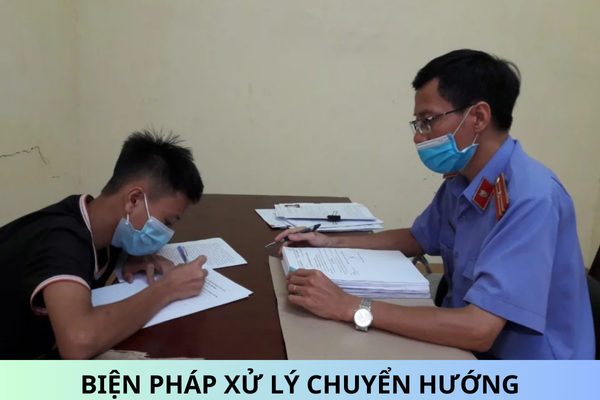Can a Grandchild File a Complaint on Behalf of Their Paternal Grandmother? What Are the Obligations of the Complainant?
1. Can the grandchild file a complaint on behalf of the grandmother?
According to Clause 1 Article 12 of the 2011 Law on Complaints, the complainant has the following rights:
a) File a complaint by themselves.
In case the complainant is a minor, or a person who has lost civil act capacity, their legal representative shall file the complaint;
In case the complainant is ill, elderly, has physical disabilities, or for other objective reasons cannot file the complaint themselves, they may authorize their father, mother, spouse, brother, sister, adult child, or another person with full civil act capacity to file the complaint;
b) Seek legal advice from a lawyer or authorize a lawyer to file a complaint in order to protect their lawful rights and interests.
In case the complainant is a person who receives legal aid as prescribed by law, they may seek legal advice from a legal aid officer or authorize a legal aid officer to file a complaint in order to protect their lawful rights and interests;
c) Participate in a dialogue or authorize a legal representative to participate in a dialogue;
d) Be informed, read, copy, and replicate documents and evidence collected by the complaint resolving authority to resolve the complaint, except for information and documents classified as state secrets;
...
Thus, according to the above regulation, when your grandmother is elderly and has difficulty moving around, you can still file a complaint on her behalf.
2. What are the obligations of the complainant?
According to Clause 2 Article 12 of the 2011 Law on Complaints, the complainant has the following obligations:
a) File the complaint to the correct person with the authority to resolve it;
b) Present the facts truthfully, provide evidence of the correctness and reasonableness of the complaint; provide information and documents related to the person resolving the complaint; and be responsible before the law for the accuracy of the presentation and the provision of information and documents;
c) Comply with the administrative decision or administrative act being complained about during the complaint resolution period, except in cases where the decision or act is temporarily suspended according to the provisions of Article 35 of this Law;
d) Strictly comply with the decision resolving the complaint that has taken legal effect.
These are the obligations that the complainant must comply with.
Sincerely!










